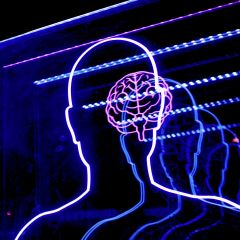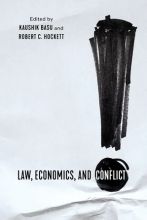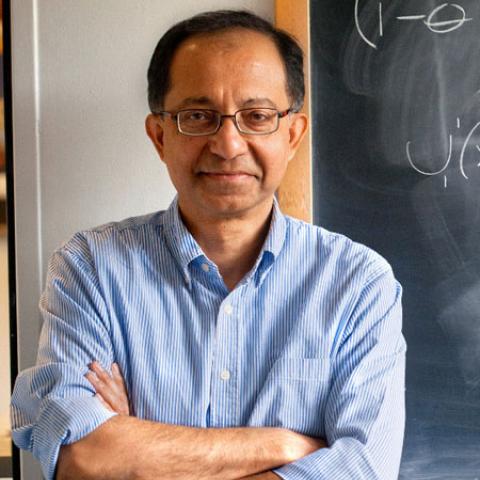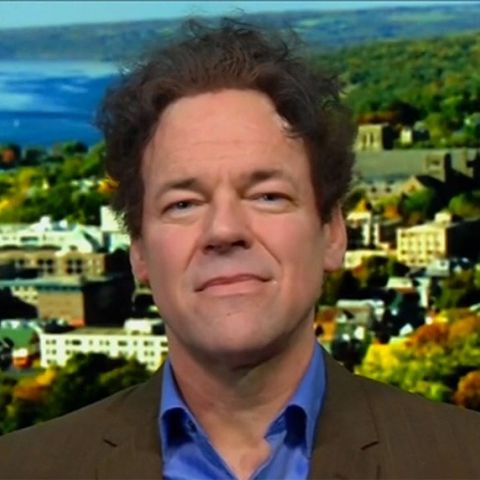CRADLE
The world stands at a crossroads, with rising anxiety about our capacity to sustain economic and social development while containing political conflicts. Cornell Research Academy of Development, Law, and Economics (CRADLE) takes on fundamental questions about law, economics, politics, morality, and human welfare, particularly as they relate to the developing world.
CRADLE connects faculty and students at Cornell with leading thinkers in academia, government, international development, civil society, and the private sector. Participants come from diverse disciplines and vocations, but all share an interest in social and institutional development, finance, and global economic policy.
Law and Economics Papers
With rapidly advancing technology and mounting challenges from climate change to new forms of globalization, the dynamics of the economy are transforming. This open-access paper series aims to help navigate this new world by promoting original thinking in law and economics and drawing on insights from social sciences.
Submitted papers undergo a brief review process and post upon acceptance. Authors retain the right to publish the paper in a journal or book. To foster diversity and inclusion within our intellectual community, we are particularly interested in receiving submissions from developing nations, including Africa, Asia, and Latin America.
Read Recent Papers Submit a Paper
White Paper Series
The CRADLE White Paper Series promotes original thinking in law and economics, drawing on insights from the social sciences. It is meant to be a space for publishing early ideas and work-in-progress. We welcome submissions that are clear, well-structured, and intellectually engaging, offering a well-defined perspective on issues relevant to the evolving economic landscape shaped by rapid technological advancements, climate change challenges, and emerging forms of globalization.
The series aims to help navigate this new world by promoting original thinking in law and economics and drawing on insights from social sciences. To foster diversity and inclusion within our intellectual community, we are particularly interested in receiving submissions from developing nations, including Africa, Asia, and Latin America.
Read Recent Papers Submit a Paper
Latest Activities
CRADLE Conference 2024: The World at a Turning Point
CRADLE's October 2024 conference took stock of the global economy, with a special focus on the changing nature of labor markets, technological progress, inequality, climate change, and related laws and regulations. This three-day event on the Cornell campus featured distinguished faculty and prominent thinkers from around the world.
Interviews with Conference Speakers
- Pedro Conceição, director of the United Nations Development Programme's Human Development Report Office
- Luis Felipe López-Calva, PhD ’99, global director of Poverty and Equity Global Practice at the World Bank Group
A Knowledge Curse: How Knowledge Can Reduce Human Welfare
Cowritten by Kaushik Basu, this August 2024 article in Royal Society Open Science argues that an increase in knowledge be a bad thing—when people use it to act in their own self-interest rather than in the best interests of the larger group: "For a group of rational individuals greater knowledge can backfire, leading to a worse outcome for all."
Law, Economics, and Conflict
Edited by CRADLE directors Kaushik Basu and Robert Hockett, Law, Economics, and Conflict grew out of the 2018 conference in New York City that kicked off the CRADLE initiative. The Einaudi Center’s Cornell Global Perspectives imprint at Cornell University Press published the volume in August 2021.
Organization
Directors
Kaushik Basu
Basu served as chief economist of the World Bank from 2012 to 2016, and was president of the International Economic Association from 2017 to 2021.
Robert Hockett
Hockett is the Edward Cornell Professor of Law, Cornell Law School; Regular Visiting Professor of Finance, Georgetown McDonough School of Business, and Senior Counsel, Westwood Capital.
Steering Committee
Cornell Members
Daniel Alpert (Cornell Law), Christopher Barrett (IAD), Robert Frank, George Hay, Ravi Kanbur, Muna Ndulo (IAD), Ted O’Donoghue
External Members
Stephanie Kelton (State University of New York–Stony Brook), Zia Mody (AZB & Partners, Mumbai), Sri Mulyani Indrawati (Minister of Finance, Indonesia), Joseph Stiglitz (Columbia University)






